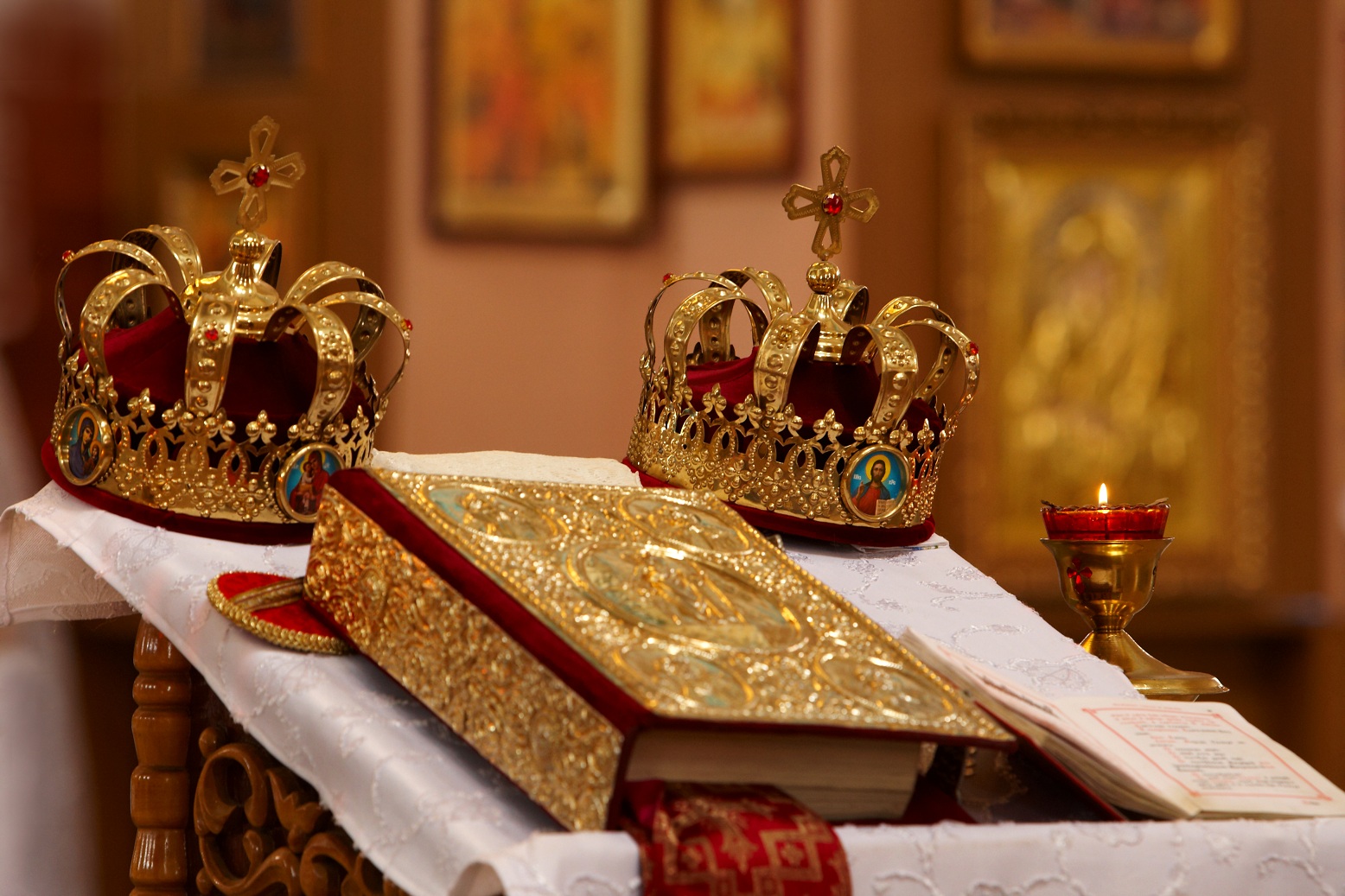
Whosoever putteth away his wife, and marrieth another, committeth adultery: and whosoever marrieth her that is put away from her husband committeth adultery. These words seem to forbid all divorces. A second marriage equals adultery. It is said elsewhere that adulterers do not inherit the Kingdom of God (1 Cor. 6:10). However, the Gospel according to Matthew has a different take on it: [W]hosoever shall put away his wife, saving for the cause of fornication, causeth her to commit adultery: and whosoever shall marry her that is divorced committeth adultery. (Matthew 5:32). It turns out that there is a justifiable reason for divorce.
Infidelity is an exceptional kind of sin. The Lord said the following with regard to other sins: “If thy brother trespass against thee, rebuke him; and if he repent, forgive him.” The Lord allowed us to not forgive even one instance of adultery. This sin effectively renders one’s marriage nullified, and the resulting divorce is just a way to say it out loud. According to church canons, the cheater was not allowed to re-marry after the divorce, while the person who was cheated on could marry again.
Saint Basil the Great gave the following answer when asked if this commandment was to be obeyed by both spouses: “The Lord’s saying that it is forbidden to divorce unless there is a marital infidelity involved should be applicable both to men and women, which is not the current custom.” Social status of women in those times was so low that they had to tolerate their husband’s infidelity while husbands could send their wives packing for the same action. Nowadays, customs are different and both parties have equal rights, which is great because that’s how it should be according to St. Basil.
The Church allowed second marriage as a remedy against fornication, according to St. Basil the Great, and in line with Apostle Paul’s words, But if they cannot contain, let them marry: for it is better to marry than to burn. (1 Cor. 7:9). People who re-married were subjected to a penance: they were banned from communion for a certain amount of time. Today, a church wedding of those who are married again has a special rite filled with prayers of repentance. Even third marriage was possible. Saint Basil wrote that there is no law of a third marriage: that is why a third marriage is not described by the law. We regard it as filth in the Church. However, we do not shame those who do it publicly, for it is still better than salacious fornication.

As we can see, the Church, in spite of its high requirements with regard to holiness and indissolubility of marriage, makes concessions so that people would not feel too desperate. “The Kingdom of God is being preached and he who works hard can enter it.” With that in mind, we should examine ourselves and the doctrine, and find the perfect balance. We shouldn’t focus solely on ourselves, our own feelings and desires and leave the Lord’s doctrine out. We shouldn’t focus solely on the doctrine, either, and forget about ourselves, our own resources and capabilities.
The Lord has the following to say about the person who contributes to the downfall of his or her neighbor: [W]oe unto him, through whom they come! It were better for him that a millstone were hanged about his neck, and he cast into the sea, than that he should offend one of these little ones. A woman complained to me, “I sleep with a man whose wife casts spells against me.” What can I say? No, she doesn’t. It’s you who bring damnation on your own head! Amen.
Translated by The Catalog of Good Deeds




